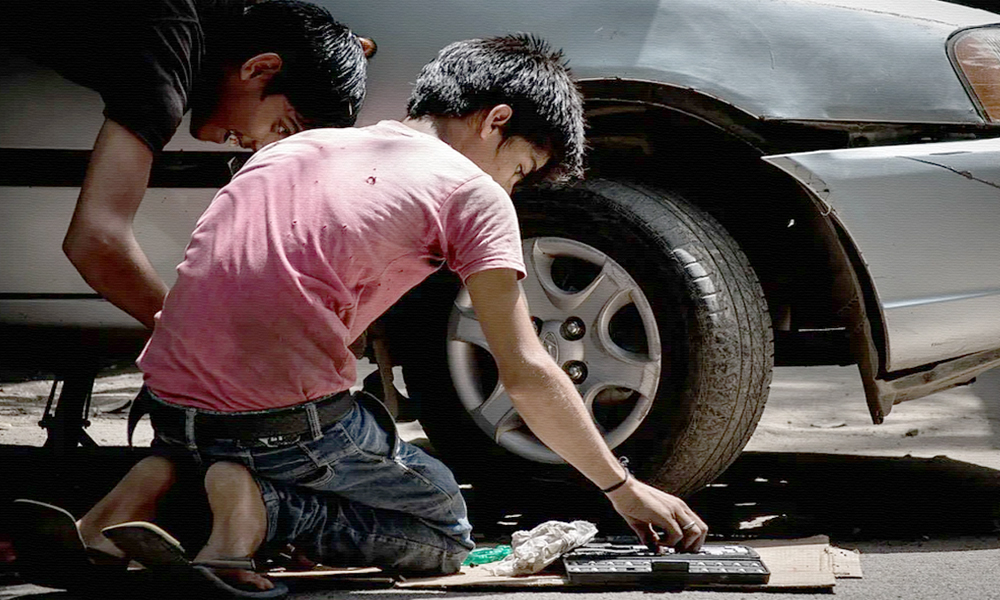
Image Credit: Pixabay
COVID-19 Crisis Could Push Millions Of Children Into Child Labour: United Nations
Writer: Sumanti Sen
Sumanti Sen is an English Literature graduate who believes "there's just one kind of folks. Folks.".
India, 13 Jun 2020 12:43 AM GMT
Editor : Shubhendu Deshmukh |
Shubhendu, the quint essential news junky, the man who loves science and politics in equal measure and offers the complete contrast to it by being a fan of urdu poetry as well.
Creatives : Abhishek M
" An engineer by profession, Abhishek is the creative producer of the team, graphic designing is his passion and travelling his get away. In more ways than one, he makes the content visually appealing."
The report said that the crisis could lead to children already working being made to work for longer hours and under worsening conditions.
The UN has said that the COVID-19 crisis could push millions of children into child labour.
The International Labour Organization (ILO) and UNICEF, the UN children's agency, in a joint brief, noted that since the year 2000, the number of children locked in child labour had declined by 94 million.
However, they warned that "the COVID-19 pandemic poses very real risks of backtracking", NDTV reported.
The report, which came on Friday, June 12, said that the crisis could lead to poverty rising significantly. The World Bank said that the number of people in extreme poverty could likely increase by up to 60 million this year alone.
"As the pandemic wreaks havoc on family incomes, without support, many could resort to child labour," ILO chief Guy Ryder said in a statement.
The report said that there are studies that reveal that a one-per cent increase in poverty leads to at least a 0.7-per cent rise in child labour.
Apart from this, the report said that the crisis could lead to children already working being forced to extend and under worsening conditions.
Some others, the report stated, could be pushed into forms of labour that could threaten their health and safety.
The brief said that children who lose one parent or both parents during the crisis could be forced to earn for the family. They could also find themselves more vulnerable to exploitation.
When it comes to agriculture and domestic work, girls were more likely to be exploited.
"In times of crisis, child labour becomes a coping mechanism for many families," UNICEF chief Henrietta Fore said in the statement.
The agencies noted that over one billion pupils in over 130 countries were now being affected by school closures, and even when schools reopen, parents may be unable to pay the fees.
The brief proposed a range of measures including the elimination of school fees. It further said that authorities should boost social protections and provide easier access to credit for poor households.
"As we re-imagine the world post-COVID, we need to make sure that children and their families have the tools they need to weather similar storms in the future," Fore said.
"Quality education, social protection services and better economic opportunities can be game-changers."
Also Read: At 17, This Haryana Girl Has Enrolled 700 students In School, Stopped 40 Child Marriages
 All section
All section














